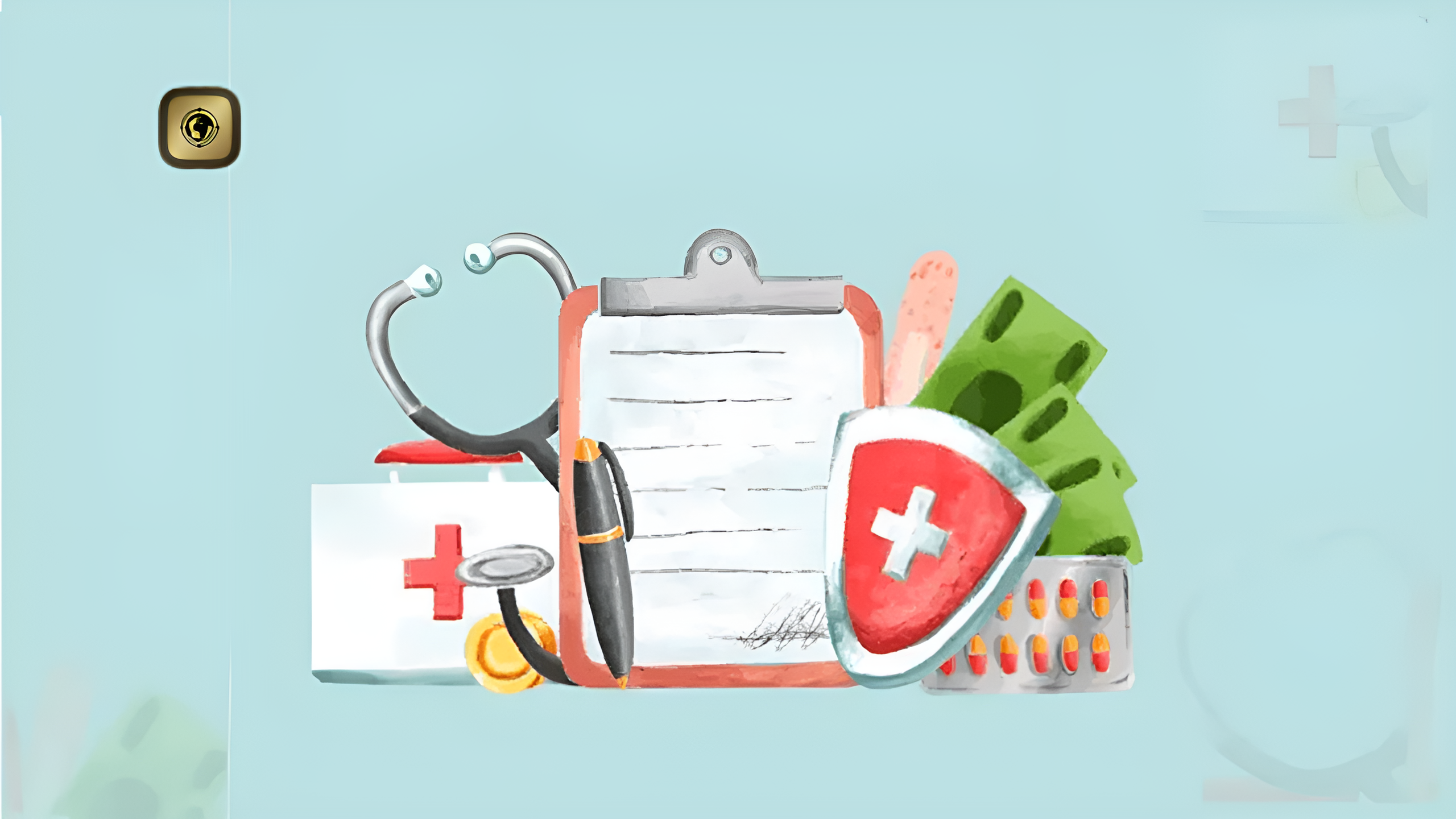March 31, 2025
Understanding Cardiac Health Insurance: Why It Matters
When selecting suitable health insurance coverage, individuals can choose from various plans, such as individual plans, family floater plans, critical illness plans, and senior citizen plans. Each policy is designed with a specific purpose, making it crucial to select a plan that aligns with personal needs.
A concerning statistic from the Indian Heart Association reveals that over half of heart attacks occur in individuals under 50, with a significant portion affecting those below 40. These alarming figures highlight the growing importance of cardiac health insurance, particularly for younger individuals.
Who Should Consider Cardiac Health Insurance?
Cardiac issues are increasingly prevalent and can affect individuals across all age groups. Managing long-term treatment and care for heart-related conditions can be financially challenging. As a result, cardiac health insurance is particularly beneficial for those at higher risk due to lifestyle-related diseases, including heart attacks, heart failure, and other cardiac procedures.
If you have a family history of heart disease or an existing heart condition, securing a cardiac health insurance policy is a prudent decision. Given the rising costs of heart treatments, having the right coverage ensures access to optimal care without financial strain, allowing you to focus on recovery and maintaining a healthy life.
The Importance of Health Insurance for Heart Conditions
Cardiovascular diseases—such as heart attacks, strokes, and high cholesterol—are on the rise in India due to sedentary lifestyles, poor dietary habits, and increased stress levels. While a balanced diet and active lifestyle are essential for heart health, they cannot completely eliminate the risk of developing heart ailments.
A comprehensive health insurance plan, particularly a critical illness insurance policy, provides financial protection against the escalating costs of heart treatments. These policies typically cover major procedures such as coronary bypass surgery, stents, and other necessary treatments, ensuring financial stability during medical emergencies.
Key Benefits of Cardiac Health Insurance
If you or a family member is dealing with a heart condition, a cardiac health insurance plan offers several benefits:
- Hospitalization Coverage
Cardiac health insurance helps cover hospitalization costs for heart-related treatments. Many plans provide pre- and post-hospitalization coverage, ensuring that necessary tests, checkups, and procedures are included. - Lump Sum Payment
A key feature of critical illness insurance is a lump sum payment upon diagnosis, allowing policyholders to allocate funds according to their treatment needs. - Coverage for Loss of Income
If the policyholder is the family’s primary earner, a critical illness plan can provide financial assistance to cover the loss of income during hospitalization and recovery. - Comprehensive Financial Protection
Cardiac health insurance ensures that expensive heart treatments are covered, reducing the financial burden and enabling the patient to focus on recovery. - Tax Benefits
Policyholders can avail of tax deductions on premium payments, as per applicable tax laws. However, these benefits may be subject to changes in tax regulations.
Conclusion
With the rising incidence of heart disease and the increasing cost of treatment, investing in a cardiac health insurance plan provides peace of mind and financial security. It ensures that individuals receive the necessary medical care without compromising their financial well-being. Choosing the right plan based on personal risk factors and medical history can make a significant difference in securing a healthy future.
Standard Terms and Conditions Apply.



Leave A Comment